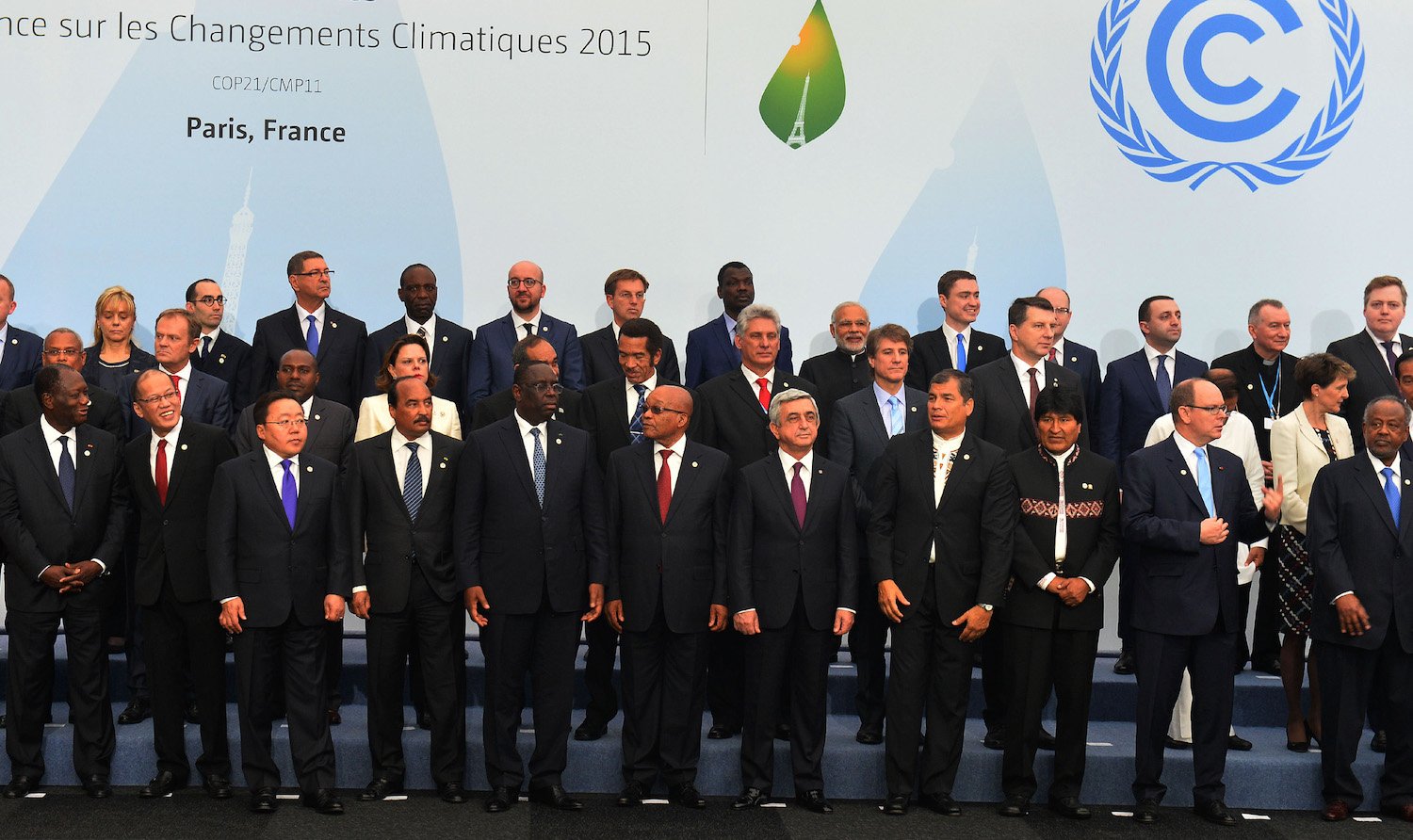
Insights
Featured

What Bill Gates Has to Say About Climate Intervention in His New Book: "How To Avoid A Climate Disaster"
As I was reading through Bill Gates' new book, How to Avoid a Climate Disaster, over the past week, I was encouraged by his interest in the potential of climate intervention as means to address near-term climate risks, avoid a major climate catastrophe, and protect vulnerable populations worldwide.

Why 'Climate Intervention' Is the Right Term for the Most Dramatic Response to Climate Change
Based on anecdotal evidence from our work with people from all walks of life, we have experienced that language — specific terms — has a great effect on the nature of the dialogue on climate.

Statement on the United States Rejoining the Paris Climate Agreement
Kelly Wanser, Executive Director of SilverLining, released the following statement on the United States rejoining the Paris Climate Agreement:

Comment on Proposed Governance Framework for Harvard University's Stratospheric Controlled Perturbation Experiment (SCoPEx)
SilverLining's Executive Director, Kelly Wanser, and Research Director, Alex Wong, submitted comments to the Stratospheric Controlled Perturbation Experiment (SCoPEx) Advisory Committee on the proposed Public Engagement Process.

U.S. Climate Policy Must Address Near-Term Climate Risk: SilverLining's Recommendations To The Biden-Harris Administration
New leadership in the United States presents a powerful opportunity for efforts to combat climate change.

Developing a Foundation for Science-Based Decision-Making on Climate Intervention
Eight of the top ten warmest years on record have come in the last decade, and 2020 may become the hottest year ever.

Climate Intervention Research May be Critical to a More Just and Safe Society
Climate-related headlines have become so common that I fear we may start to normalize the terrible news.

A Fifth Rationale For Climate Intervention Governance
The study of governance of large scale interventions in the climate system (or, “geoengineering”) will become increasingly important as we gain a better understanding of its promises and risks.

Statement On Draft Prospectus For The Fifth National Climate Assessment (NCA5)
The U.S. Global Change Research Program, charged with coordinating the United States' research approach around human-induced and natural processes of global change, is currently developing its Fifth National Climate Assessment (NCA5), which is anticipated to be delivered in 2023.

Toward International Cooperation on Solar Climate Intervention
The absence of sufficient mechanisms for science-based decision-making for climate intervention (geoengineering) poses risks to safety in both climate change and climate response

Statement on House Democrats' Climate Action Plan
Kelly Wanser, Executive Director of SilverLining, released the following statement on the Climate Action Plan released this week by the Democrats on the House Select Committee on the Climate Crisis:

Statement on the Introduction of H.R.5519 - Atmospheric Climate Intervention Research Act
Kelly Wanser, Executive Director of SilverLining, released the following statement on the introduction of H.R. 5519 by Congressman Jerry McNerney:

Montreal Protocol Scientific Assessment Panel: Assessment of Potential Risks to the Ozone Layer
In 2019, the United Nations Montreal Protocol Scientific Assessment Panel passed a resolution to include “solar radiation management research” in its next Ozone Assessment report evaluating potential risks to the ozone layer.
